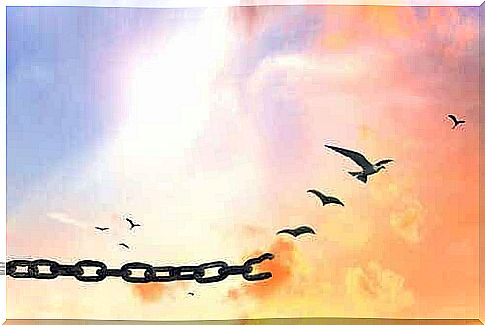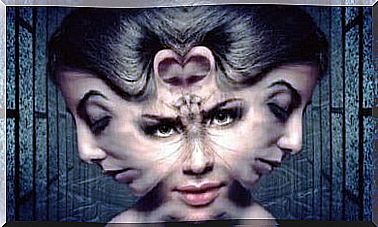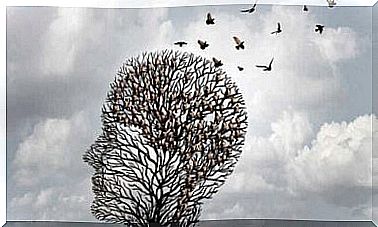All About Freedom Of Expression

For democracy, dialogue and development to thrive, society needs a crucial element: freedom of expression. It is a universal right that everyone should enjoy. Therefore, all people should have the right to share their opinions and express themselves freely.
According to the United Nations (UN), freedom of expression is a human right and it is enshrined in Article 19 of the Universal Declaration of Human Rights. It establishes the following:
The purpose of this article is to analyze and argue that freedom of expression is the foundation of any democratic society. It is clearly recognized in the Universal Declaration of Human Rights.
In addition, it is part of the International Covenant on Civil and Political Rights and is discussed in detail in the Human Rights Committee.

What exactly is freedom of expression?
Freedom of expression means that all people have the right to express themselves without being harassed. Also, everyone should have access to information and be able to send it without hindrance.
This right therefore also covers freedom of the press, which is defined as ‘the transmission of information through the media without state control prior to publication’.
Freedom of expression therefore protects:
- First of all, all political, religious, scientific, moral and historical views.
- Any form of expression, be it oral or written words or pictures, sign language or artistic displays.
- Any means to disseminate information such as newspapers, posters, clothing, legal allegations, etc.
- Any opinion or idea that is of concern to people regarding their own affairs and public affairs. Also human rights, journalism, cultural and artistic expression and religious and political thought.
What are the necessary conditions to exercise this right?
To have true and effective freedom of expression, people must:
- Expressing and commenting on any matter, in any way.
- Finding, receiving and disseminating information. Without information, you cannot exercise this right to express yourself freely.
- Gain access to information from the State. This information is essential for the demand for effective policy, the defense of human rights and the fight against corruption.
- Have access to diverse and independent media. The monopoly or oligopoly of information conspires against equal opportunities, diversity and plurality.
- Also to effectively protect journalists and avoid any kind of direct or indirect pressure.
- Access to academic freedom so that students, teachers and researchers can freely research, transfer and develop knowledge. So defending a free-thinking model that deters indoctrination.
In addition, let us emphasize that freedom of expression also protects the right to conscientious objection when someone speaks. For example, in relation to an ‘official’ legislative ideology or with other obligations, such as providing military service.
The concept of censorship
Anti-democratic regimes often threaten freedom of expression through various censorship tools, defined as the use of power to control freedom of expression. Censorship can therefore be explicit (legal) or less obvious (eg social taboos).
Thus, one of the most radical ways to restrict free speech is prior to censorship, or the censorship of certain content before it can be published.
The utterance should not be censored beforehand, although one can regulate it with later responsibility. For example, no one can prevent someone from speaking their mind, even if they can be fined for their posts.

Restrictions on freedom of expression
It is clear that the right to liberty is not an absolute right. Also, legislation can prohibit a person from inciting crime or violence. It can force them to apologize through hatred and discrimination. Freedom of expression therefore has limits as soon as it conflicts with the rights or values of other people.
At this point, let’s emphasize the difficulties in shaping the line that separates the boundaries between legitimate and illegitimate speech. The purpose of which is to protect the dignity and human rights of those borders with autocratic features that seek to limit our right to free expression.









